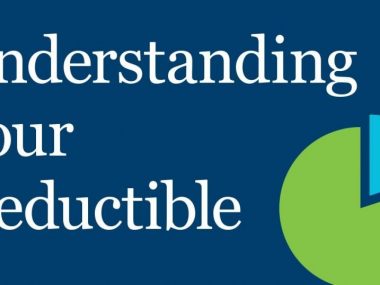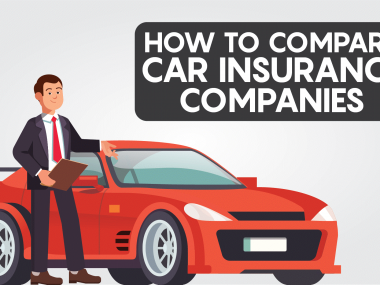Florida Car Lease Insurance Requirements – Leasing a car in Florida? It’s crucial to be aware of the specific insurance requirements to avoid legal complications and financial setbacks.
This article unravels the Florida car lease insurance requirements, helping you stay compliant and protected.
Florida’s Minimum Car Insurance Requirements
Florida law mandates that any vehicle with four or more wheels carry an insurance policy issued by an insurance company licensed by the Florida Department of Financial Services. The minimum requirements include:
- Personal Injury Protection (PIP): Also known as Florida No Fault Insurance, PIP covers you regardless of whether you’re at fault in an accident. The minimum requirement is $10,000.
- Property Damage Liability (PDL): This coverage pays for damage you or members of your family cause to other people’s property in a crash. The minimum requirement is also $10,000.
Additional Insurance Requirements for Leased Cars
While the above are the bare minimum requirements, leasing a car typically necessitates more comprehensive insurance due to the higher stakes involved for the leasing company. Additional coverage often required includes:
- Bodily Injury Liability (BIL): Although not mandatory under Florida law for car owners, most leasing companies require BIL coverage. This pays for serious and permanent injury or death to others when you cause a crash. Leasing companies typically require $100,000 per person and $300,000 per accident.
- Collision Coverage: This pays for damage to the leased car due to a collision with another vehicle or object. A deductible typically applies.
- Comprehensive Coverage: This covers damage to the leased vehicle from non-collision related incidents, such as theft, vandalism, fire, natural disasters, and hitting an animal. A deductible typically applies.
- Gap Insurance: If your leased car is totaled, there might be a “gap” between what the insurance pays and what you still owe on your lease. Gap insurance covers this difference. While not always required, it’s highly recommended for leased vehicles.
Understanding Your Policy
When reviewing your policy, ensure you understand the terms and conditions. Know your coverage limits and deductibles, and ensure they meet your lease agreement’s stipulations.
Conclusion: Stay Compliant, Stay Protected
Navigating through Florida’s car lease insurance requirements can be complex, but understanding these requirements is essential. It safeguards you against unexpected incidents and ensures legal compliance. Remember, while meeting these insurance requirements entails a cost, the peace of mind you’ll receive knowing you’re covered is priceless.






